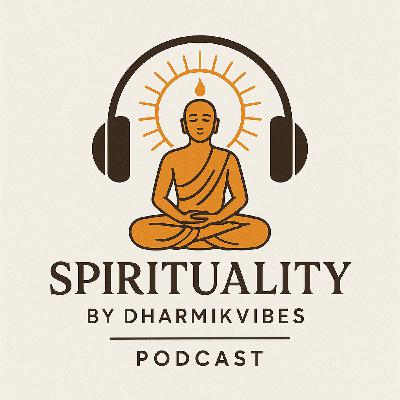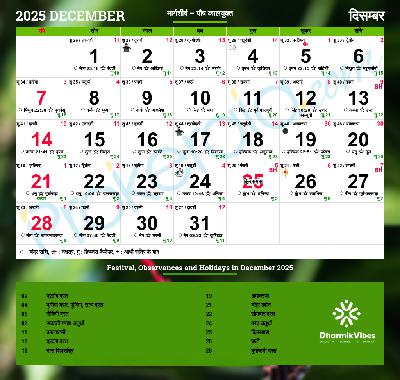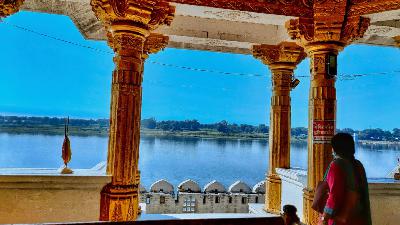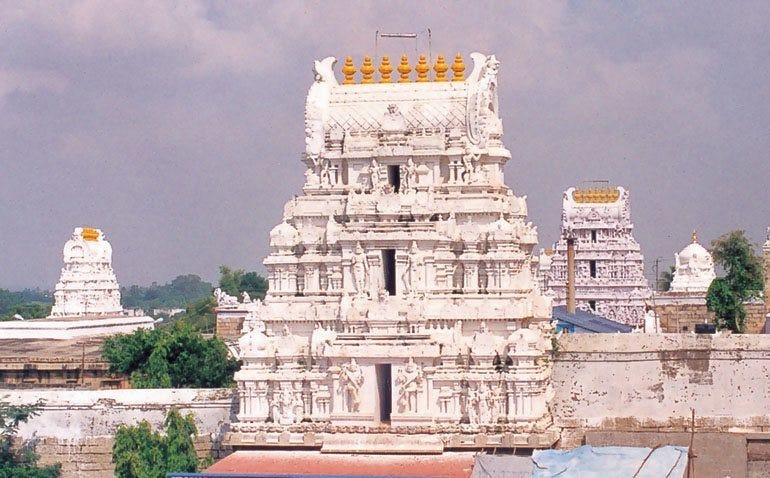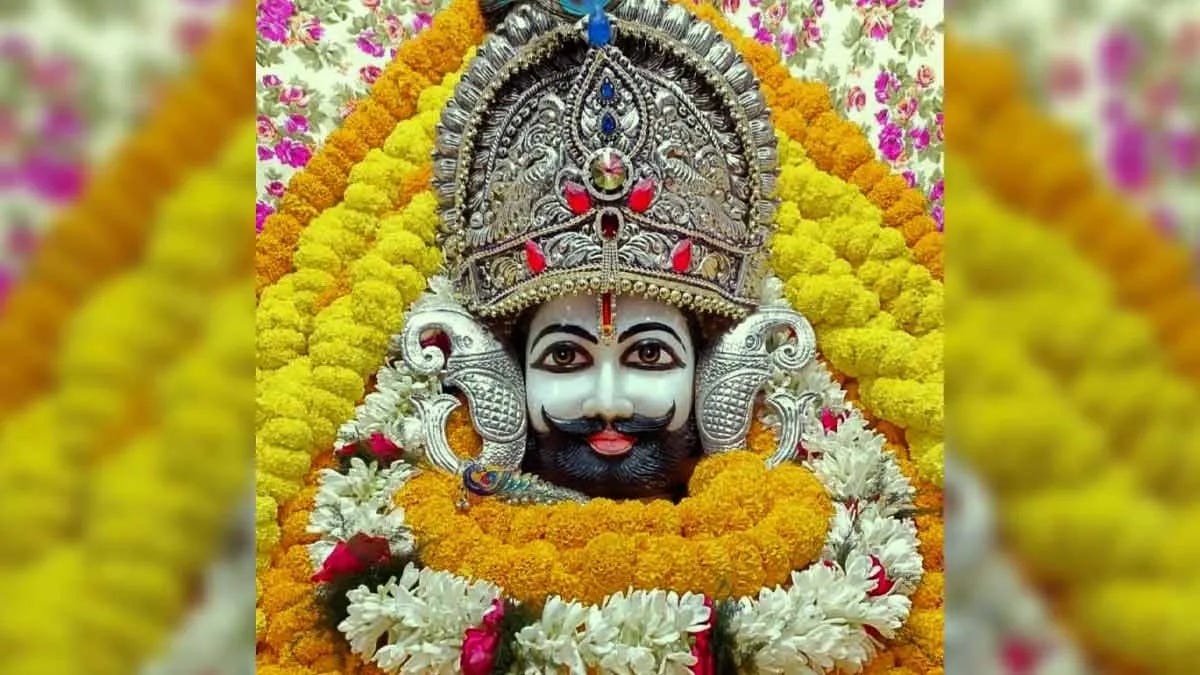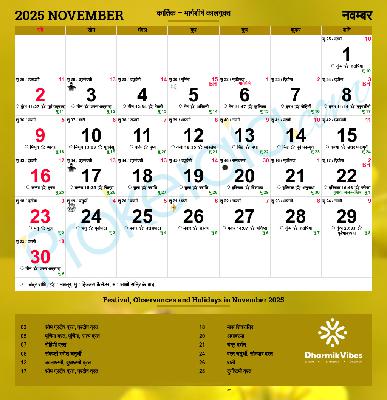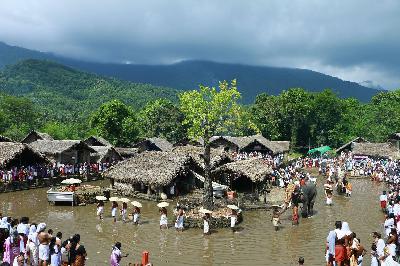India’s Ultimate Hindu Tirth & Spiritual Events Guide (2026–2028)
Description
India is a land where spirituality forms the heartbeat of everyday life. The subcontinent’s ancient landscapes are filled with sacred temples, holy rivers, and pilgrimage cities that have guided seekers for thousands of years. From the Himalayas to the southern seas, millions of devotees travel annually to honor deities, take ritual baths, participate in festivals, and attend mega-events like the Kumbh Mela — the largest spiritual gathering in human history.
This detailed guide brings together:
* Famous Hindu pilgrimage sites (tirths)
* Major spiritual cities and their principal temples
* Month-wise spiritual events of 2026
* The complete overview of the 2027 Ardh Kumbh Mela (Haridwar)
* 2027 Nashik Simhastha Kumbh Mela
* 2028 Ujjain Simhastha Kumbh Mela
* Historical significance, rituals, associated rivers, and key locations
This comprehensive document serves as a timeless spiritual reference for pilgrims, scholars, planners, and travelers seeking to understand India’s sacred geography for the years 2026–2028.
SECTION 1 — FAMOUS HINDU TIRTHS OF INDIA
A tirtha is a sacred crossing point between the material and the divine. Hindus believe visiting a tirtha purifies the mind, destroys karmic baggage, and elevates the soul toward liberation. Below are the most revered pilgrimage circuits and shrines across India.
1. Chaar Dham of Uttarakhand
The Himalayan Chaar Dham is considered the pinnacle of spiritual travel.
Temples:
* Badrinath: Dedicated to Lord Vishnu, located on the banks of the Alaknanda River.
* Kedarnath: One of the 12 Jyotirlingas, located at 3,583 meters in the Himalayas.
* Gangotri: Origin of the holy River Ganga.
* Yamunotri: Origin of the River Yamuna.
Significance:
A pilgrimage to these sites is believed to grant moksha (liberation).
Best Season:
May to October (closed during winter due to heavy snowfall).
2. The 12 Jyotirlingas
These shrines are the highest places of worship for Lord Shiva.
The Jyotirlingas include:
* Somnath (Gujarat)
* Mallikarjuna (Srisailam)
* Mahakaleshwar (Ujjain)
* Omkareshwar (Madhya Pradesh)
* Kedarnath (Uttarakhand)
* Bhimashankar (Maharashtra)
* Kashi Vishwanath (Varanasi)
* Trimbakeshwar (Nashik)
* Vaidyanath (Jharkhand)
* Nageshwar (Dwarka, Gujarat)
* Rameshwaram (Tamil Nadu)
* Grishneshwar (Aurangabad)
Each Jyotirlinga represents a divine manifestation of Shiva’s eternal cosmic light.
3. Major Tirth Cities
Varanasi
The spiritual capital of India, known for its ghats, Kashi Vishwanath Temple, ancient culture, and cremation rituals at Manikarnika Ghat.
Haridwar
The gateway to the Himalayas and site of the Kumbh Mela; famous for Har Ki Pauri and Ganga Aarti.
Rishikesh
World’s yoga capital; home to the Ganga Aarti at Parmarth Niketan, numerous ashrams, and Himalayan foothills.
Mathura–Vrindavan
Birthplace and play-land of Lord Krishna; home to Banke Bihari Temple, ISKCON, Krishna Janmabhoomi, and dozens of leela sites.
Ayodhya
Birthplace of Lord Rama; now home to the grand Ram Temple (Ayodhya Mandir).
Prayagraj
Sacred Triveni Sangam (Ganga–Yamuna–Saraswati); central venue for Kumbh Mela.
Ujjain
City of Mahakal; a major centre of Shaivism and astrology.
Nashik
Associated with Lord Rama; home of Panchavati, Trimbakeshwar, and Simhastha Kumbh.
Dwarka
Kingdom of Lord Krishna, home of Dwarkadhish Temple.
Puri
Sacred abode of Lord Jagannath; famed for Rath Yatra.
Rameshwaram
Southernmost Dham, linked to Lord Rama’s bridge to Lanka.
SECTION 2 — MAJOR SPIRITUAL CITIES AND IMPORTANT TEMPLES
This section offers detailed insights into the core pilgrimage cities of India and their temple clusters.
1. Varanasi (Kashi)
Key Temples:
* Kashi Vishwanath Temple
* Annapurna Devi Temple
* Sankat Mochan Hanuman Temple
* Durga Kund Temple
Sacred Ghats:
* Dashashwamedh Ghat
* Manikarnika Ghat
* Assi Ghat
Ritual Highlights:
Boat rides at dawn, cremation rituals, Sanskrit learning centers, classical music heritage.
2. Haridwar
Key Temples:
* Mansa Devi
* Chandi Devi
* Bharat Mata Mandir
* Maya Devi
Sacred Ghats:
* Har Ki Pauri
* Brahmakund
* Sapt Rishi Ghat
Significance:
A gateway to the Himalayas and the meeting point of millions during Kumbh Mela.
3. Rishikesh
Temple sites include:
* Parmarth Niketan
* Triveni Ghat
* Neelkanth Mahadev
Rishikesh is also renowned for yoga, Ayurveda, Ganga Aarti, and spiritual training.
4. Mathura–Vrindavan
Key Temples:
* Krishna Janmabhoomi
* Banke Bihari Temple
* Prem Mandir
* ISKCON Sri Krishna Balaram Mandir
* Govind Dev Temple
Spiritual Importance:
The birthplace of Krishna, associated with Raas Leela, bhakti movement, and saint traditions.
5. Nashik & Trimbakeshwar
Important Temples:
* Trimbakeshwar Jyotirlinga
* Kalaram Temple
* Kapaleshwar Mahadev
Sacred Sites:
* Panchavati region
* Godavari Ghats including Ramkund
6. Ujjain
Important Temples:
* Mahakaleshwar Jyotirlinga
* Harsiddhi Temple
* Kal Bhairav
* Chintaman Ganesh
* Mangalnath
Ritual Sites:
* Ram Ghat
* Shipra River Ghats
Ujjain is the city of timekeeping (Kaal), astrology, and Shaivite rituals.
SECTION 3 — MAJOR SPIRITUAL EVENTS OF 2026 (WITH DATES)
Below are the major religious events and festivals of the year 2026, with approximate dates based on the Hindu lunar calendar.
January – February 2026: Magh Mela, Prayagraj
* Duration: Entire months of January and February
* Main Snan (Bathing) Days:
* Paush Purnima
* Mauni Amavasya
* Basant Panchami
A mini-Kumbh-like gathering attracting millions to the Triveni Sangam.
March 2026: Maha Shivaratri
* Approximate Date: March 3, 2026
* Major Celebration Sites:
* Kashi
* Ujjain
* Somnath
* Srisailam
* Isha Yoga Center (night-long meditation festival)
Night-long vigils, Shiva parikrama, fasting, chanting, and sacred dances.
June 21, 2026: International Yoga Day
Celebrated globally with major gatherings in:
* Rishikesh
* Mysuru
* Varanasi
* Delhi
July 2026: Rath Yatra & Guru Purnima
Puri Rath Yatra
* Approx. Date: July 13, 2026The journey of Lord Jagannath, Balabhadra, and Subhadra in massive chariots.
Guru Purnima
* Approx. Date: July 27, 2026Devotees honor gurus and spiritual masters.
September 2026: Krishna Janmashtami
* Approx. Date: September 4, 2026The midnight birth celebration of Krishna, especially in Mathura & Vrindavan.
October 2026: Navratri
* Tentative Dates: October 9–17, 2026Celebrations include garba, temple visits, and worship of the nine forms of Durga.
November 2026: Kartik Purnima & Chhath Puja
Kartik Purnima
* Date: November 24, 2026Bathing rituals on ghats of Varanasi, Haridwar, Pushkar.
Chhath Puja
* Dates: November 16–19, 2026Dedicated to the Sun God; observed with sunrise and sunset offerings.
SECTION 4 — KUMBH & ARDH KUMBH MELA DETAILS (2027–2028)
The Kumbh Mela is a spiritual phenomenon representing cycles of time, cosmic alignment, and the descent of divine nectar according to Hindu mythology. It rotates between four cities: Haridwar, Prayagraj, Nashik, and Ujjain.
For the years 2027–2028, three major Kumbh-related events will occur.
2027: Ardh Kumbh Mela – Haridwar
Type: Ardh Kumbh (occurs every 6 years)
Location: Haridwar, Uttarakhand
River: Ganga
Main Period: January to April 2027 (precise dates to be announced)
Key Ritual Sites:
* Har Ki Pauri
* Brahmakund
* Sapt Rishi Ghat
* Neel Dhara
Temple Visits During the Mela:
* Mansa Devi
* Chandi Devi
* Maya Devi
* Bharat Mata Temple
* Daksha Mahadev Temple (Kankhal)
Main Events:
* Shahi Snan (Royal Bath) on astrologically significant dates
* Akhara procession ceremonies
* Mass Ganga Aartis
* Yajnas, havans, recitations
* Discourses by saints, gurus, and spiritual institutions
Haridwar during Kumbh becomes a city of tents, spiritual camps, meditation gatherings, and around-the-clock devotion.
2027: Simhastha Kumbh Mela – Nashik & Trimbakeshwar
Type: Simhastha Kumbh
Location: Nashik City and Trimbakeshwar
River: Godavari
Main Period: July to September 2027
Key Ritual Spots:
* Ramkund (Nashik)
<
